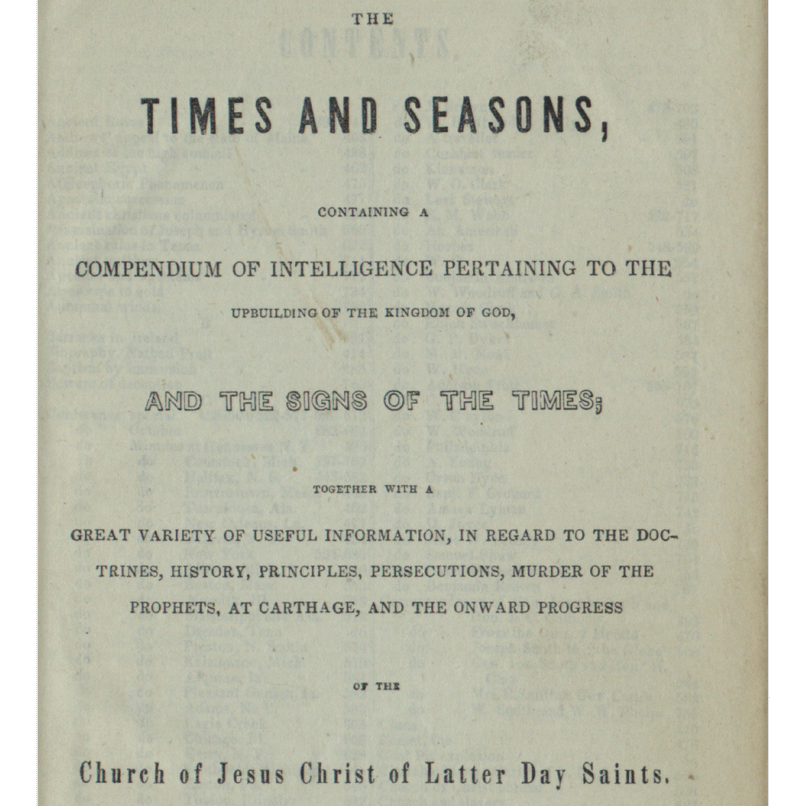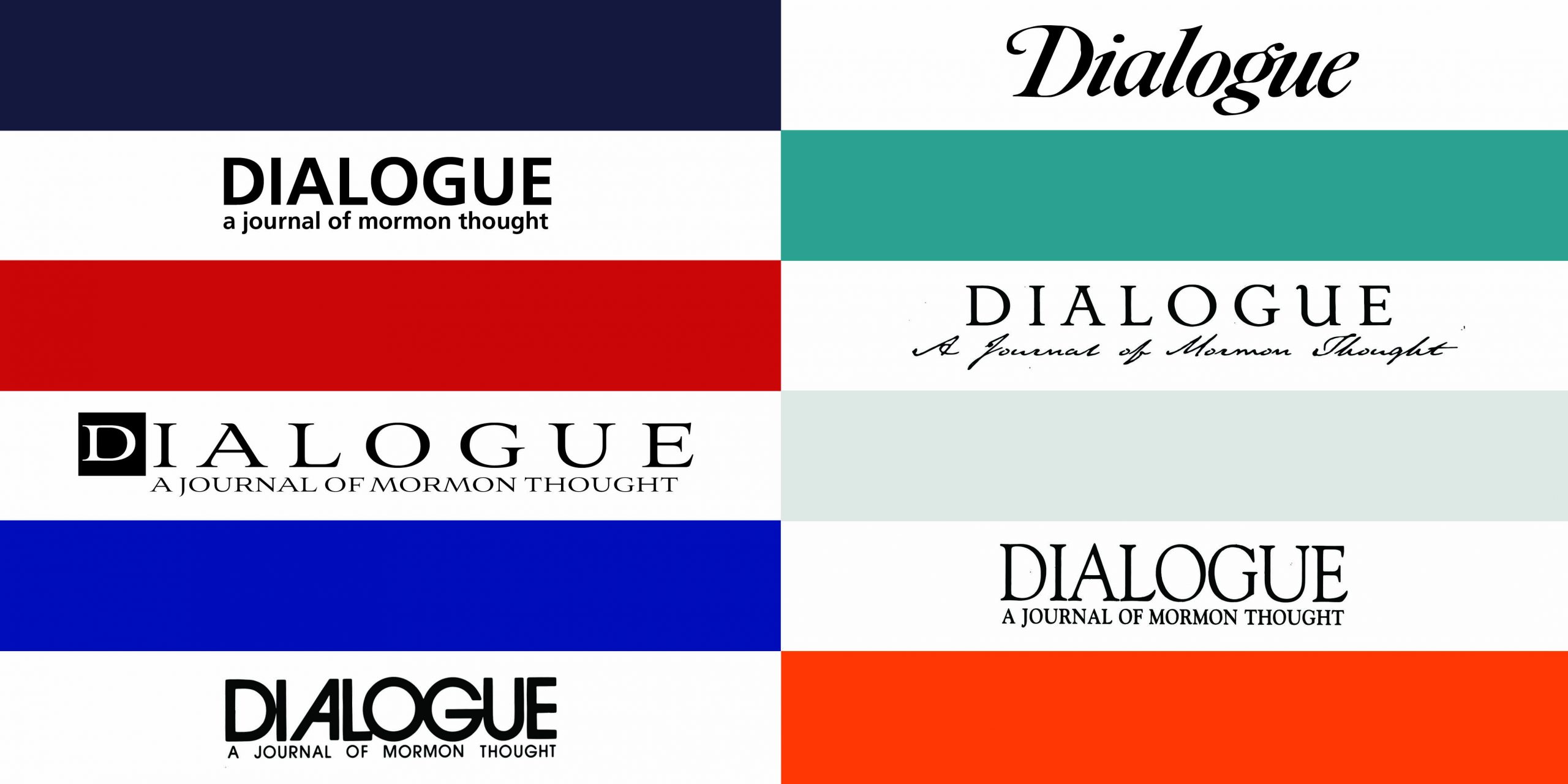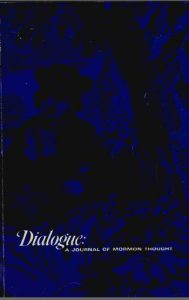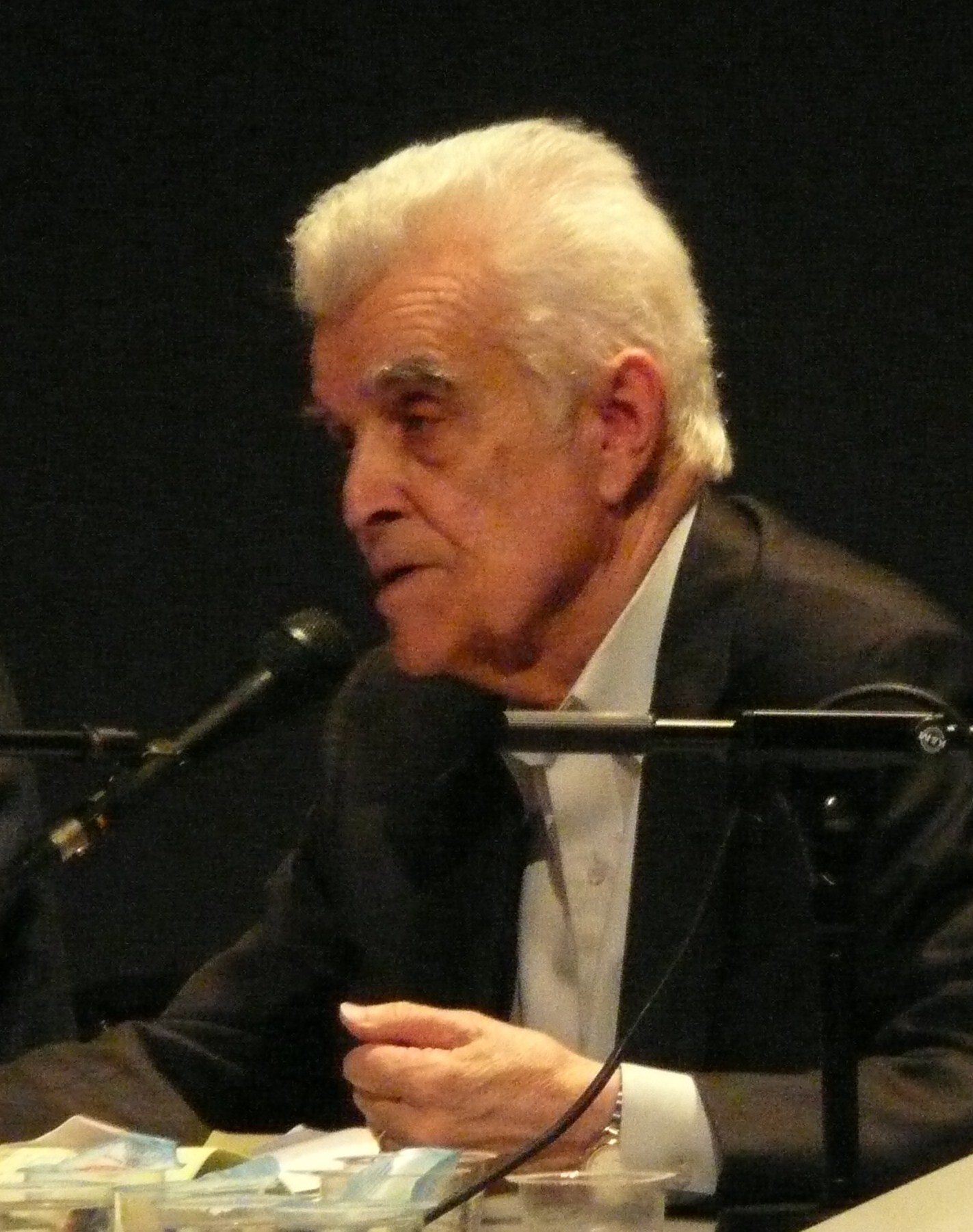Updated with video: Mormonism and the Art of Boundary Maintenance
March 15, 2016The 2016 Mormon Studies Conference convened on April 12-13th at the Utah Valley University campus. You can watch such speakers as Michael Otterson, Jana Riess, Ross Douhat and Neylan McBaine discuss “Mormonism and the Art of Boundary Maintenance” here.










